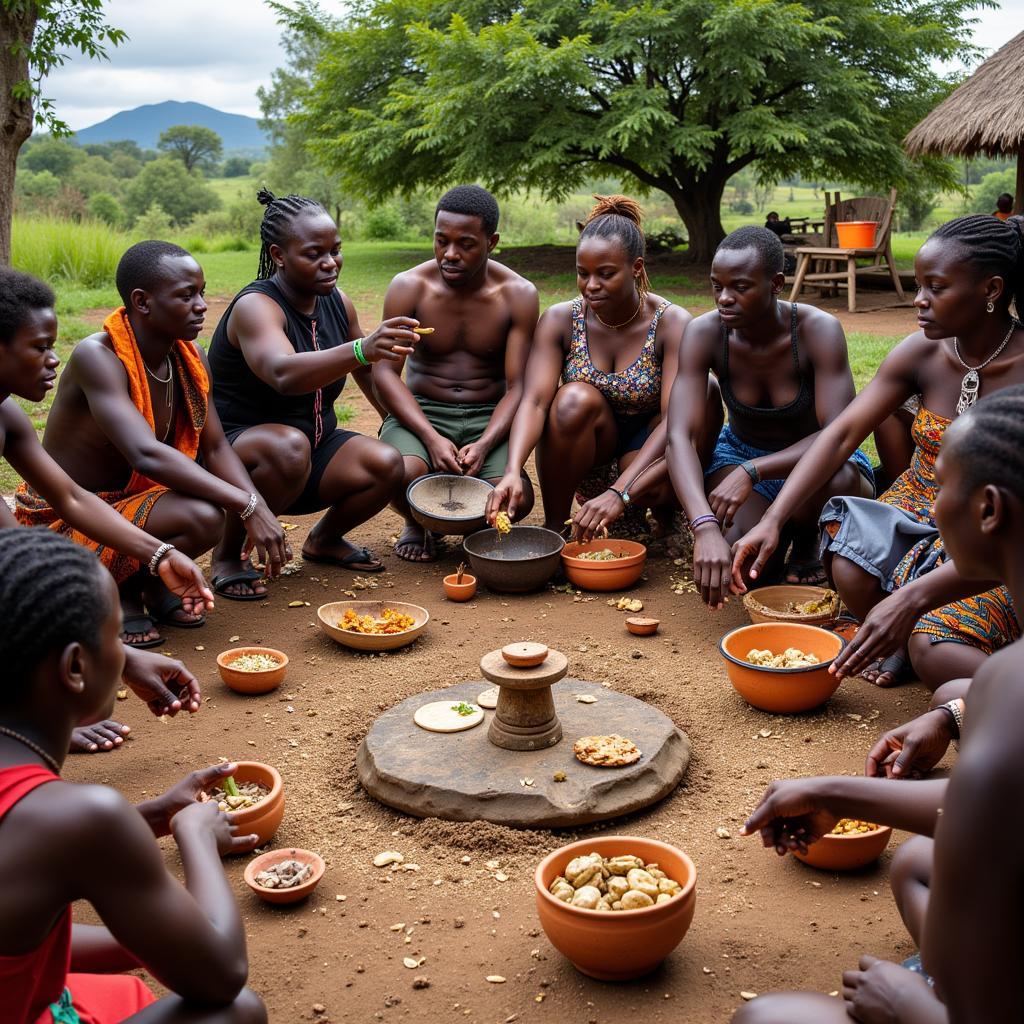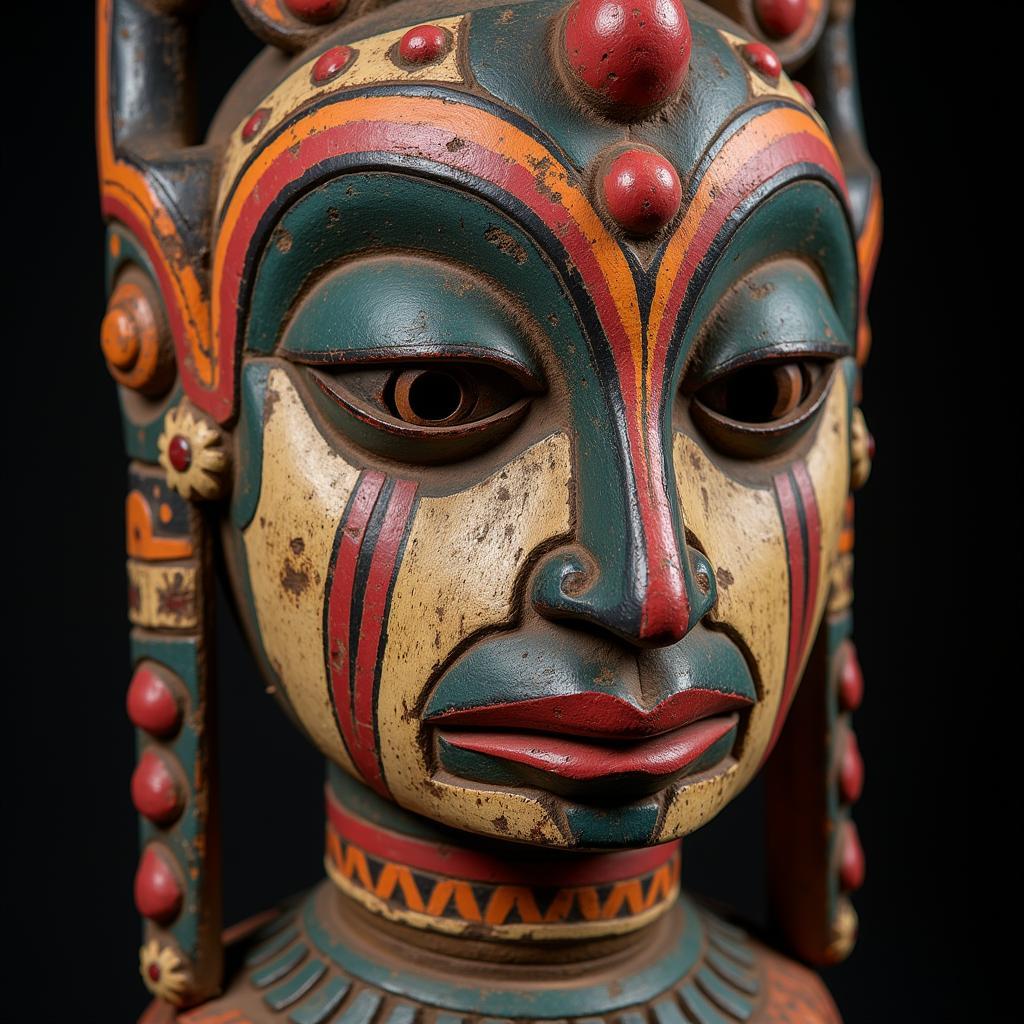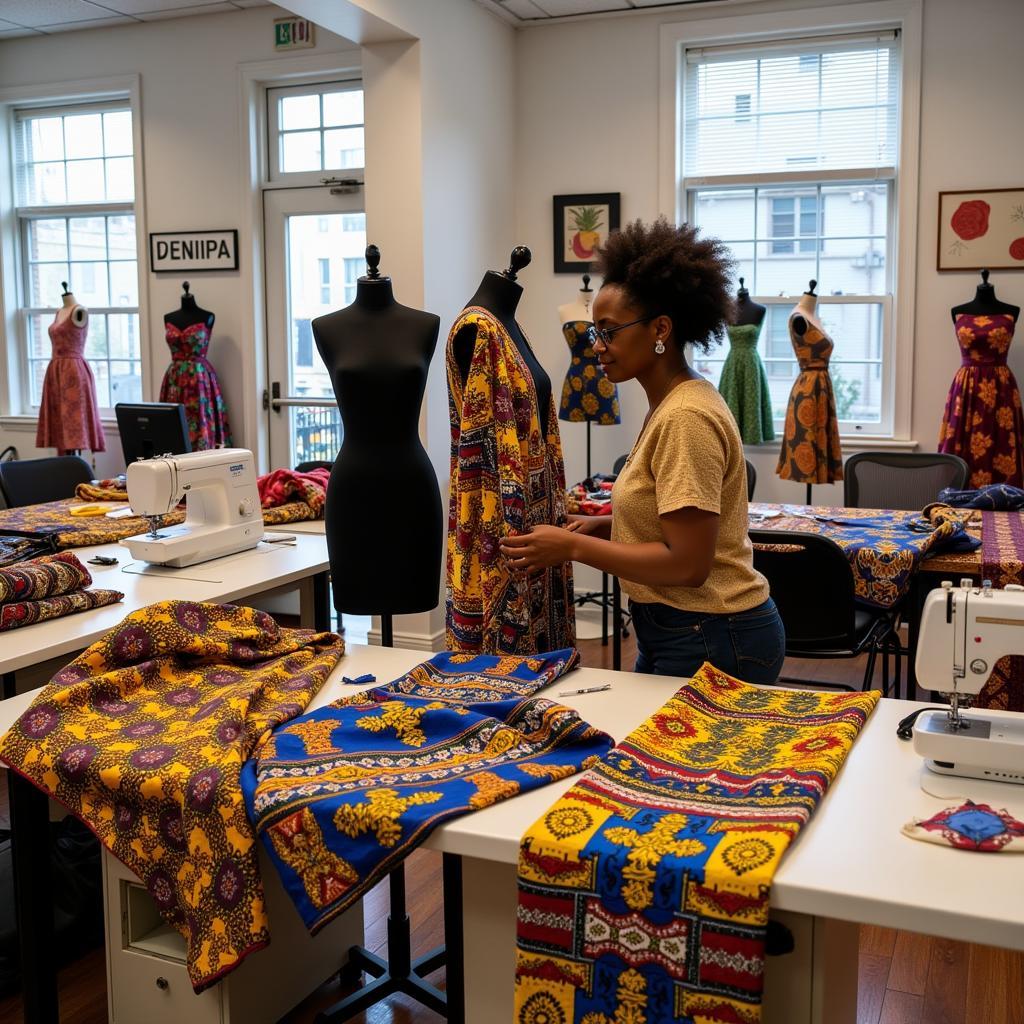Unveiling the Enigma: Understanding the African God Mulungu
Mulungu, a name whispered with reverence and awe across diverse African cultures, embodies a powerful deity whose influence transcends geographical boundaries. Often perceived as a supreme being or a sky god, Mulungu represents a fascinating aspect of African spirituality, interwoven with creation myths, moral guidance, and a profound connection to the natural world. While variations exist in how different communities perceive and interact with this enigmatic entity, the core essence of Mulungu revolves around themes of creation, benevolence, and ultimate power.
Delving into the Origins: Who is Mulungu?
The origins of Mulungu can be traced back to Bantu and Bantu-related languages, where the name itself signifies “sky” or “heaven.” This linguistic link reveals a fundamental aspect of Mulungu’s characterization as a sky deity, often associated with celestial bodies like the sun and the moon. While not necessarily depicted in anthropomorphic forms, Mulungu is often perceived as a powerful, unseen force residing in the heavens, overseeing the earthly realm and influencing the lives of humans.
 artistic-representation-of-mulungu
artistic-representation-of-mulungu
Mulungu’s Role in African Cosmology: The Creator and Sustainer
Across numerous African societies, Mulungu features prominently in creation narratives, often credited as the architect of the universe and the giver of life. In some myths, Mulungu is believed to have created humans from clay, breathing life into their forms. This act of creation underscores Mulungu’s position as a benevolent provider, a source of both physical and spiritual sustenance.
Beyond creation, Mulungu is often seen as the guardian of morality and order. He is believed to dispense justice, rewarding good deeds and punishing wrongdoing. This moral dimension underscores Mulungu’s significance beyond a mere creator, highlighting his role as a divine judge and the ultimate arbiter of human actions.
Variations and Syncretism: Adapting to Cultural Contexts
It’s important to acknowledge that the perception and worship of Mulungu are not monolithic across the African continent. Variations in beliefs, rituals, and attributes exist, reflecting the diverse cultural landscapes where this deity is revered. For instance, in some communities, Mulungu might be viewed as a more distant deity, while others might perceive him as actively engaged in daily life.
 traditional-african-ceremony-honoring-mulungu
traditional-african-ceremony-honoring-mulungu
Furthermore, the arrival of Christianity and Islam in Africa led to syncretic practices, where aspects of Mulungu were integrated with these new faiths. In some cases, Mulungu became associated with the Christian God or the Islamic Allah, demonstrating the adaptability of traditional beliefs in the face of cultural exchange.
Connecting with Mulungu: Rituals and Practices
While grand temples dedicated to Mulungu might not be as prevalent as in other religions, various rituals and practices serve as avenues for communities to connect with this supreme being. These often involve offerings of food, drink, or animal sacrifices, presented as gestures of gratitude, appeasement, or requests for guidance and blessings.
Prayer also plays a significant role, with individuals and communities directing their supplications towards Mulungu, seeking his intervention in times of need, expressing gratitude for blessings, or seeking guidance on important matters. These prayers often take place in sacred groves, mountaintops, or other natural settings believed to hold spiritual significance and facilitate a closer connection to the divine.
Exploring the Enduring Legacy of Mulungu
Mulungu’s significance extends beyond the realm of religious belief. His influence can be observed in various aspects of African culture, from proverbs and folktales to music and dance. These cultural expressions often carry moral lessons, reflecting Mulungu’s role as a dispenser of wisdom and ethical guidance.
 african-mask-representing-mulungu
african-mask-representing-mulungu
Understanding Mulungu offers valuable insights into the rich tapestry of African spirituality. Despite the challenges posed by colonialism, globalization, and religious syncretism, Mulungu remains a powerful symbol of cultural resilience, a testament to the enduring legacy of traditional African beliefs and their continued relevance in the modern world.

